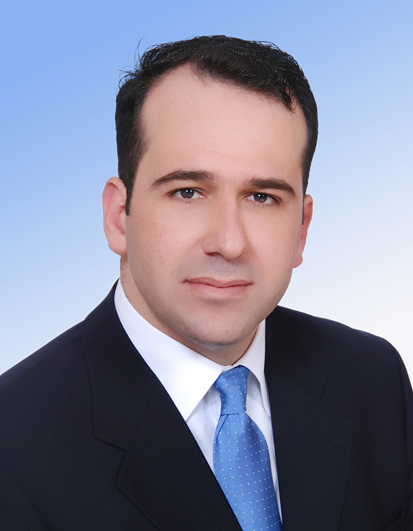Experts
Sufyan Alissa

Former Associate, Middle East Center
About
This person is no longer with the Carnegie Endowment.
Sufyan Alissa is an economist and specialist on Palestinian and Middle Eastern affairs. Prior to joining the Carnegie Endowment's Middle East Center he served as a Project Coordinator at Nuffield College-University of Oxford. He previously taught at the School of Oriental and African Studies-University of London, City University in London and Bethlehem University-West Bank. He was a researcher at the Development Studies Program of Bir Zeit University and the coordinator of the 2001/2002 Human Development Report for Palestine.
Selected Publications: Arab States: Corruption and Reform (Arab Reform Bulletin, February 2007); The Economic Viability of an Independent Palestinian State on the West Bank and Gaza Strip. A chapter in ‘Where Now for Palestine’, (Zed Books Press, December 2006); Youth Employment in Syria. Country Report, (International Labor Organization, Regional Office for the Arab States, December 2006); Poverty and Poverty Reduction in the West Bank and Gaza Strip. Working Paper, (The Development Studies Programme at Bir Zeit University, Summer 2003); Human Development Report for the West Bank and Gaza Strip 2001/2002, (UNDP and Bir Zeit University, 2002).
Affiliations
Areas of Expertise
Education
B.A., Bethlehem University; M.Sc. London South Bank; Ph.D., SOAS University of London
Languages
Arabic, English